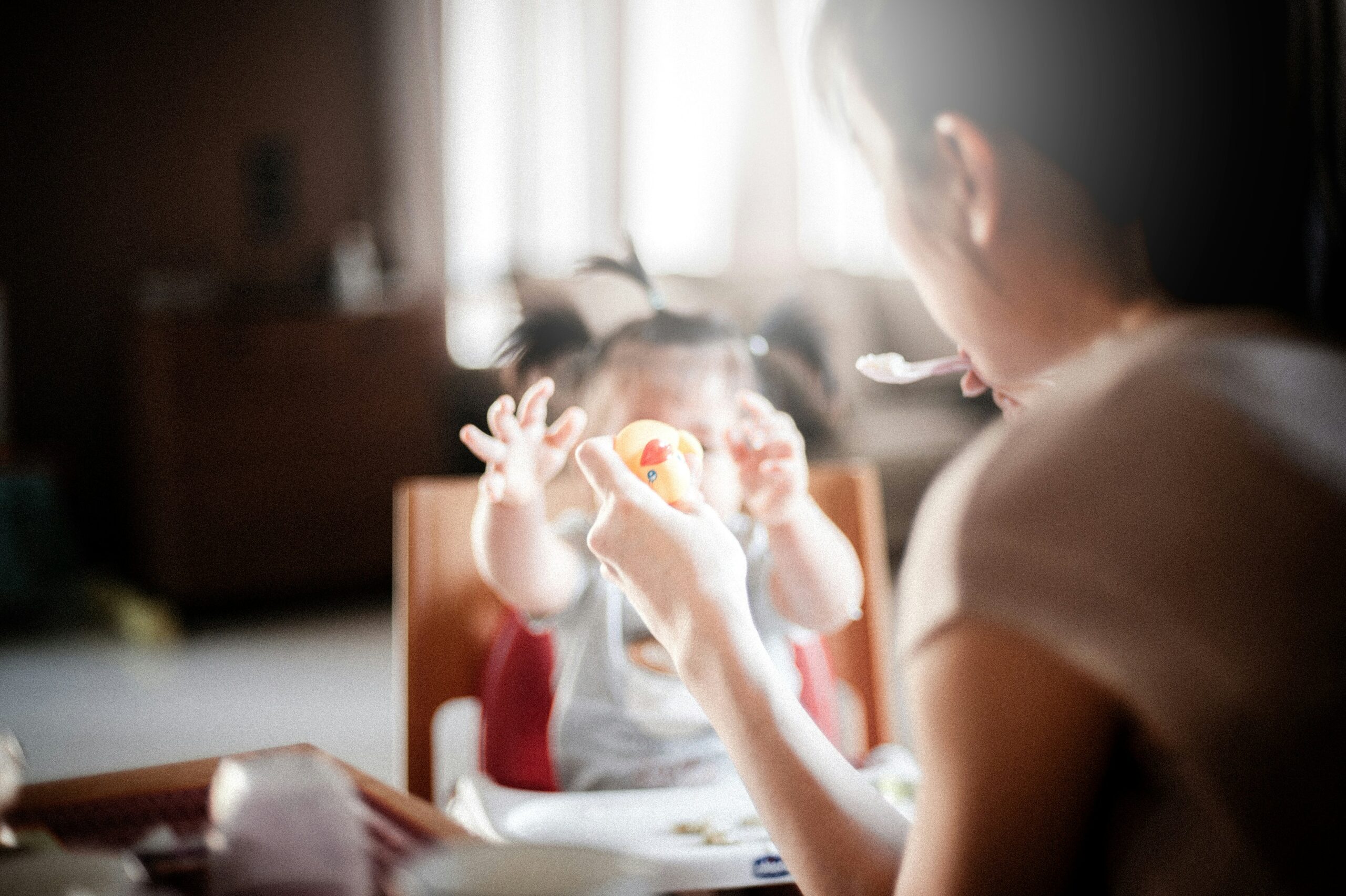As parents, ensuring our babies receive the best nutrition is a top priority. Healthy baby food not only supports growth and development but also instills healthy eating habits from an early age. This blog post will explore the benefits of homemade baby food, essential ingredients, and tips for preparing nutritious meals that your little one will love.
Why Choose Homemade Baby Food?
Making baby food at home allows you to control what goes into your child’s meals. You can choose organic fruits and vegetables, avoid preservatives, and tailor recipes to your baby’s taste preferences.
Homemade baby food can be significantly cheaper than store-bought options. With a little planning, you can prepare large batches and freeze them for later use, saving both time and money.
Homemade baby food often retains more nutrients compared to commercially processed options. Fresh ingredients provide a wealth of vitamins and minerals essential for your baby’s growth.
Essential Ingredients for Healthy Baby Food
When preparing baby food, focus on incorporating a variety of nutrient-dense ingredients:
- Fruits: Apples, bananas, pears, and avocados are excellent choices. They are rich in vitamins and healthy fats.
- Vegetables: Sweet potatoes, carrots, peas, and spinach provide essential nutrients like beta-carotene and iron.
- Whole Grains: Brown rice, oats, and quinoa can be blended into purees for added fiber and energy.
- Proteins: Introduce proteins like lentils, beans, or finely shredded chicken to support muscle development.
- Healthy Fats: Incorporating fats from sources like olive oil or nut butters can enhance brain development.
Tips for Preparing Healthy Baby Food
Start simple by beginning with single-ingredient purees to monitor for allergies. Gradually introduce new foods every few days.
– Opt for seasonal fruits and vegetables to ensure maximum flavor and nutrition.
– Steam or boil vegetables until soft to make them easier to blend into smooth purees.
– Depending on your baby’s age and stage of eating, adjust the texture of the food from smooth purees to chunkier mixtures as they grow.
Storage Solutions
To save time during busy weeks, prepare large batches of baby food:
- Ice Cube Trays: Pour purees into ice cube trays and freeze. Once frozen, transfer cubes to labeled freezer bags.
- Glass Jars or Containers: Store homemade baby food in airtight containers in the fridge for up to three days or freeze for longer storage.
When creating your baby’s meals, keep in mind:
- Balanced Diet: Aim for a mix of fruits, vegetables, grains, and proteins in their diet.
- Avoid Added Sugars and Salt: Babies do not need added sugars or salt; their taste buds are still developing.
- Hydration: Offer water alongside meals after six months of age to keep them hydrated without relying on juices.
Conclusion
Creating healthy baby food at home is a rewarding experience that ensures your child receives the best nutrition possible. By choosing fresh ingredients and preparing balanced meals, you set the foundation for a lifetime of healthy eating habits. Embrace the journey of introducing solid foods to your little one with creativity and care! Our other recipes, and items to cook or bake with your kids are to be found here.
We hope it helps,
The Smart Parenting Blog Team

